
Learn Python in 2025: 10 Interesting Reasons to Do So!
Apr 24, 2025 4 Min Read 5666 Views
(Last Updated)
Have you considered learning Python, but weren’t sure if you should or shouldn’t? Do not worry! This read will undoubtedly assist you in dispelling your doubts about why it is important to learn Python in 2025.
Python is a programming language that incorporates a high level of abstraction. It is used to create a wide range of applications, from web applications to WhatsApp intelligent bots.
If you are a programmer, you need to know Python to sustain and thrive in the programming world. If you are still not convinced, we compiled this article where we listed 10 reasons why you should learn Python. So, let’s dive deep into this article.
Table of contents
- Top 10 Reasons to Learn Python in 2025
- Beginner Friendly!
- Extensive Libraries for Data Science and Machine Learning
- Adoption by Top Companies
- Excellent Career Opportunities
- Community Support
- Extreme Versatility
- Website Development
- Testing Frameworks
- Amazing Graphics
- Visualization of Data
- Conclusion
- FAQs
- What is a good reason to learn Python?
- What role will Python play in the future?
- Is Python suitable for gaming?
- Should I start with Python or Java?
- What are the best Python learning methods for beginners?
Top 10 Reasons to Learn Python in 2025
Given the tech industry’s rapid expansion and demand, it’s worth taking a deeper look at Python’s distinct features. So, what are you waiting for? Let’s have a look at the top 10 compelling reasons to learn Python in 2025!
Before diving into the next section, ensure you’re solid on Python essentials from basics to advanced level. If you are looking for a detailed Python career program, you can join GUVI’s Python Career Program with placement assistance. You will be able to master the Multiple Exceptions, classes, OOPS concepts, dictionary, and many more, and build real-life projects.
Also, if you would like to explore Python through a Self-paced course, try GUVI’s Python Self-Paced course.
1. Beginner Friendly!
Python is a great choice for novices or those who are just getting started with programming. Learning a new language is difficult, but because Python uses English syntax and is simple to read, it is easier for beginners to learn Python and put it to use in the real world.
It is also an interpreted programming language, which makes it a beginner-friendly programming language. It linearly executes code, allowing you to see it quickly and make changes as needed, removing the need to compile.
2. Extensive Libraries for Data Science and Machine Learning
When it comes to using libraries, Python outperforms all other programming languages. It is possible to perform information processing activities, data collecting, cleaning, refining, model building (machine learning), and visualization of the data obtained using Python and libraries such as Pandas, Matplotlib, NumPy and SciPy.
Machine learning models may be easily created and trained using libraries like TensorFlow and PyTorch. Python expertise are sought after by companies investing in Data Science.
Another motivation to learn Python is for this reason. Furthermore, many data scientists and mathematicians throughout the world use it as their favorite data-crunching language.
3. Adoption by Top Companies
Procedural, object-oriented, and functional programming are all supported in Python. Python is employed by several major firms throughout the world due to its broad application, so there is a constant demand for Python experts.
A few examples include Instagram, Google, Netflix, Dropbox, etc. Aside from that, Python is used in 80 percent of Spotify’s services.
Uber’s platform is supported by Python-based asynchronous services. It is one of the most crucial languages for the platform’s operation, although not being the only one they utilize.
4. Excellent Career Opportunities
Python is one of the most in-demand technical skills because it is such a popular programming language. Naukri.com has over 200,000 Python jobs across industries and skill levels as of 2025, with over 50,000 Python developer opportunities alone.
Leading firms such as Instagram, Netflix, Microsoft, Facebook, Yahoo!, PayPal, and others are employing Python experts and paying them well.
Python Developer, Django Developer, Python Automation Engineer, Full stack Developer, Software Engineer, Data Scientist, Front End Developer, Machine Learning Engineer, and others are some of the most popular Python job titles.
5. Community Support
Python also enjoys a lot of support from the community of Python enthusiasts all over the world. If you’re a novice and you want to learn Python in depth, you may use expert-created guides, documentation, and tutorials to develop your Python coding skills.
Python has a large community that can assist you with any error that arises while coding in Python. You can post your questions in the community forums, and members of the community will respond in real-time.
6. Extreme Versatility
Python is known as the “Swiss Army Knife” of programming languages. It allows you to write programs for a variety of platforms and devices. You may create desktop programs for Linux, Windows, or Mac.
Python’s capabilities in terms of applications are virtually endless. It is capable of doing web frameworks, it is useful for data mining, and can even do game development. Isn’t that fantastic?
7. Website Development
Python comes with a large number of frameworks that make developing web apps considerably easier for programmers. If you want to learn web development, getting hands-on experience with Python is an excellent idea.
It has grown fairly popular among web developers since it enables for good readability and efficiency. Frameworks like Django and Pyramid, Micro-frameworks like Flask and Bottle, and advanced content management systems like Plone and Django CMS are all available in Python for web development.
Many Internet protocols are supported by Python’s standard library, including HTML and JSON, XML, FTP, IMAP, email processing, and other Internet protocols, among others.
8. Testing Frameworks
Python comes with several built-in testing frameworks that aid in debugging and accelerating operations. Pytest and Splinter are two tools and frameworks that Python supports.
Python is a fantastic programming language for testing concepts. Unittest, DocTest, Nose2, PyTest, Testify, Robot, and other built-in frameworks and tools make coding easier across many cross-platform settings.
9. Amazing Graphics
Coding has a reputation for mainly appealing to logical skill sets, and lacking graphical skills. This is so far from the truth! Python is popular among artists because of its gorgeous game graphics and ability to produce new images using deep learning. Python blends the precision of code with the creativity of the right brain, combining the best of both worlds.
10. Visualization of Data
Python comes with a plethora of data visualization choices. Matplotlib (the foundation library on which Pandas Plotting, Seaborn, and ggplot were built), Altair, Seaborn, Plotly, Bokeh, Pygal, Gleam, Missingno, and Geoplotlib, are some of the most popular data visualization tools in Python.
You can quickly make sense of complex datasets using these data visualization frameworks. Not only that, but you can also visualize your results using a variety of representations such as graphs, pie charts, graphical plots, web-ready interactive plots, and more.
Kickstart your Programming journey by enrolling in GUVI’s Python Career Program where you will master technologies like multiple exceptions, classes, OOPS concepts, dictionaries, and many more, and build real-life projects. Alternatively, if you would like to explore Python through a Self-Paced course, try GUVI’s Python Self-Paced course.
Conclusion
We believe that the mentioned top 10 compelling reasons have answered your questions about whether or not you should learn Python!
As a programmer, data scientist, or software engineer, Python is a wonderful tool to have in your toolkit. It is widely used in a variety of industries and provides fantastic career prospects. If you’re a recent graduate or still in school, we recommend learning Python.
Python will not only allow you to code, but it will also provide you with a solid foundation for a career in sectors such as Data Science, Robotics Process Automation, and Machine Learning. We hope this article has piqued your interest in learning Python in 2025! Let us know your thoughts in the comment section below.
FAQs
Python is a widely used programming language that frequently requires an introduction. Programming, machine learning, web development, and data science are just a few of the industries that use it. Python has transcended Java as the most popular programming language, which is difficult to believe given its broad usage.
Python is quickly becoming the language of choice for aspiring and current coding enthusiasts who want to excel it to have a stable career. It’s also utilized for a variety of things, including web development, game development, mobile app development, and data science.
Python is a fantastic language for game creation. Python game development has shown to be a fantastic alternative for developers for speedy prototyping of games. It also helps in the faster execution of video games as the gaming industry has grown over the years.
You should definitely start with learning Python! One of the main reasons most beginners start with Python is because of its simple and super-clean syntax, which makes it easier to learn.
Python programming language can be learned in a variety of methods. Many individuals study Python at boot camps, which are rigorous courses that focus on a certain set of coding languages or skill sets and allow you to learn on your own time.





















![What is TypeScript? A Beginner's Guide [2025] 2 typescript](https://www.guvi.in/blog/wp-content/uploads/2025/05/What-is-TypeScript_-A-Beginners-Guide.png)
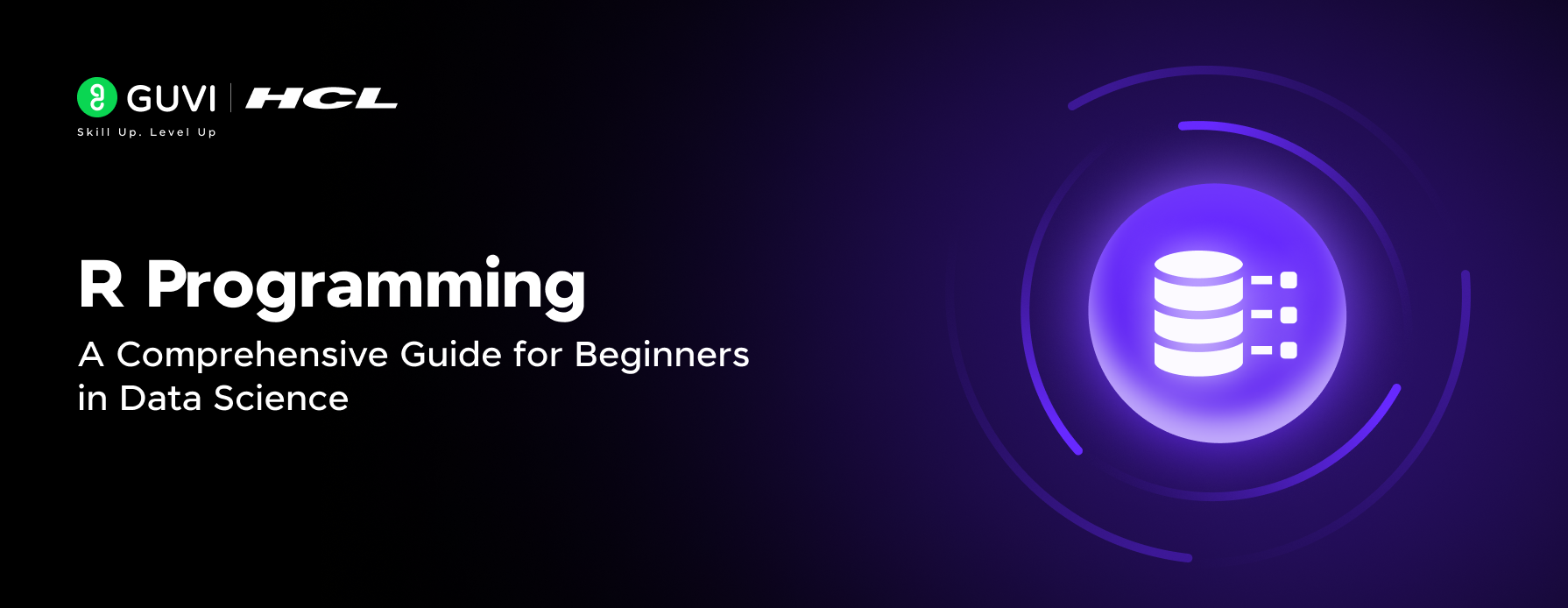
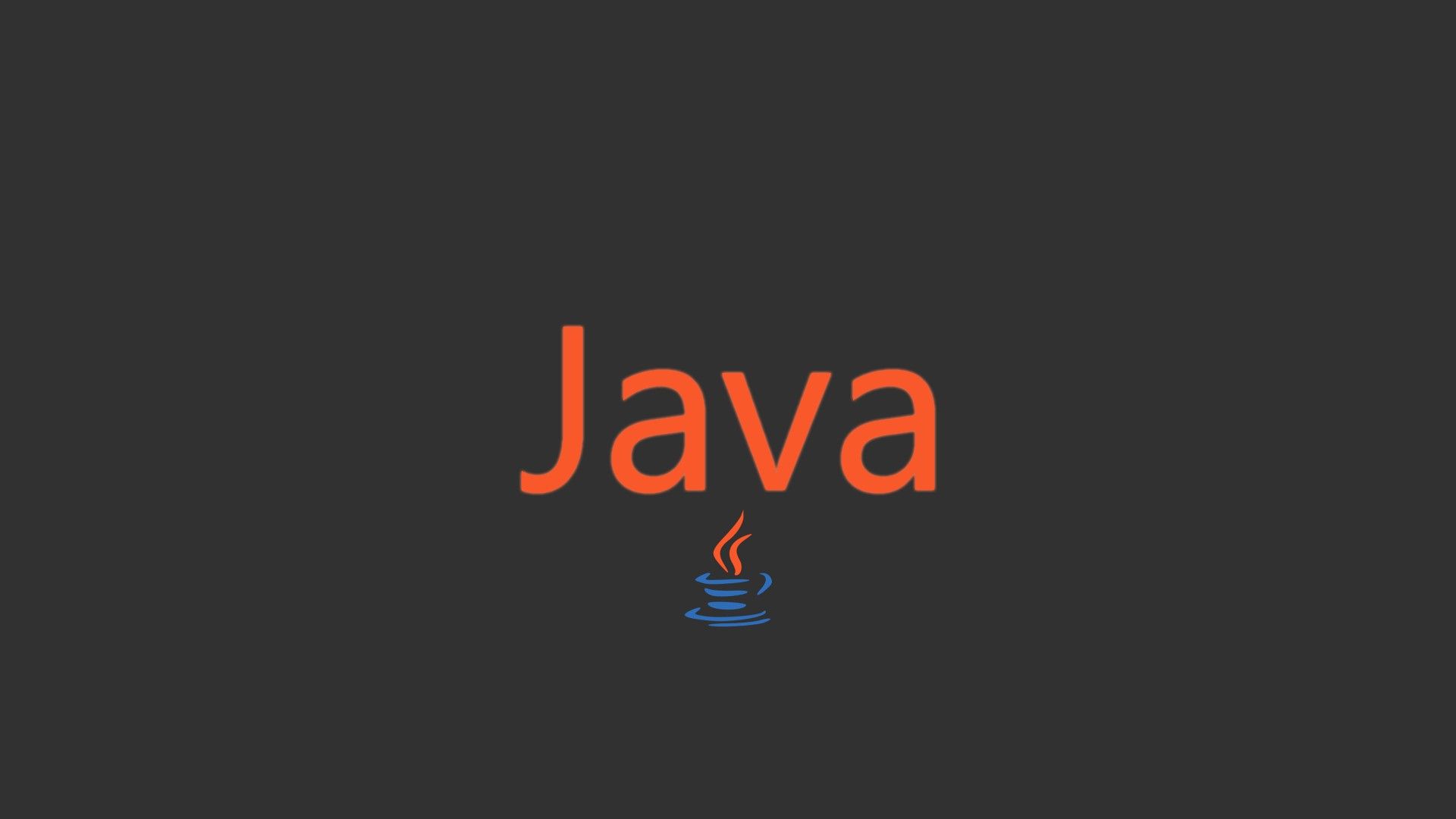

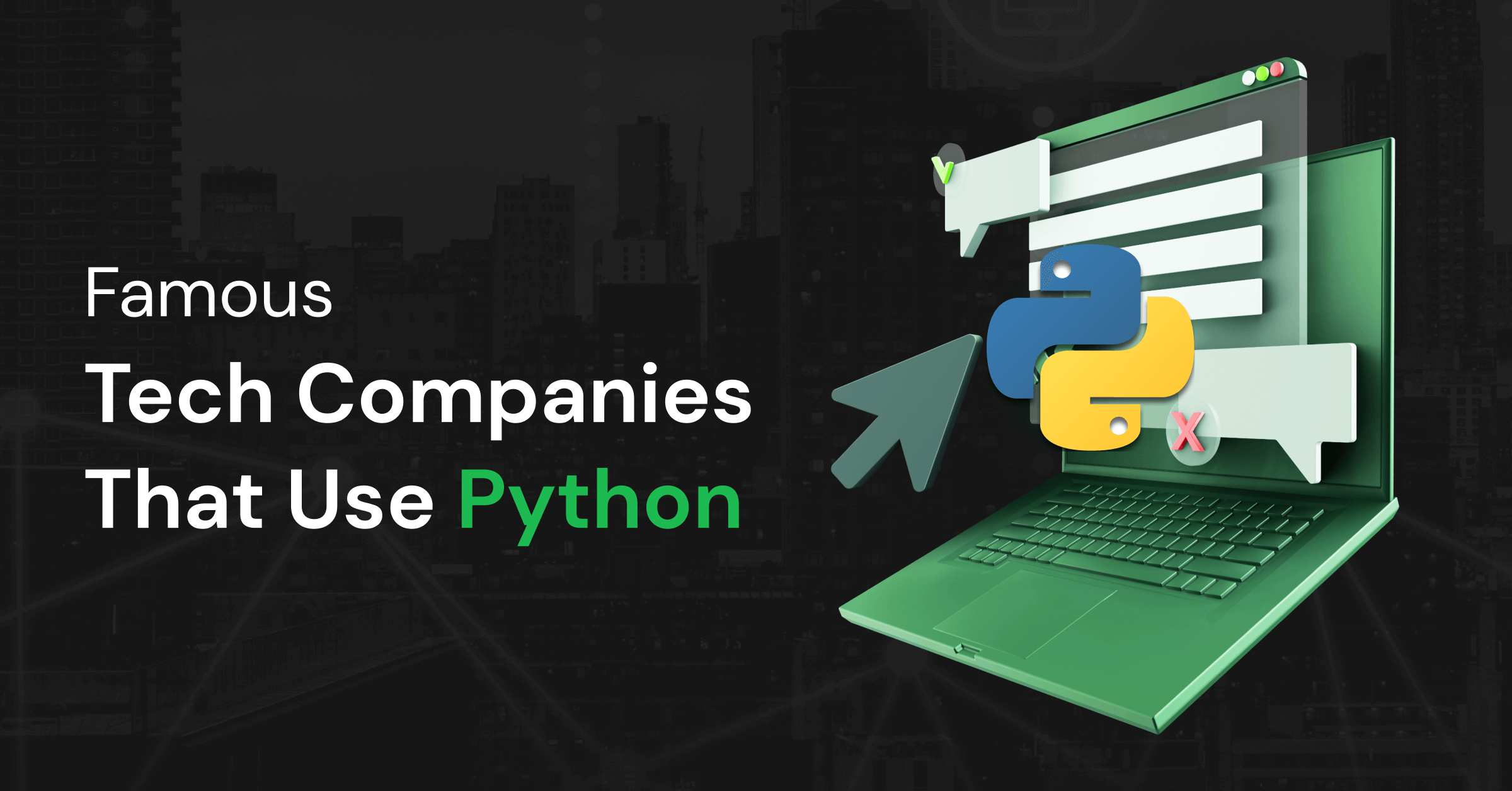
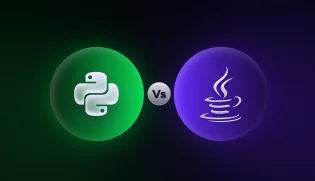
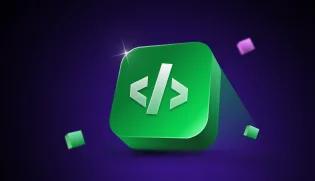
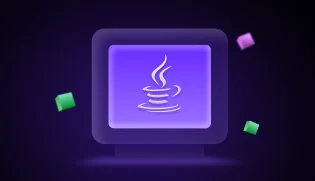
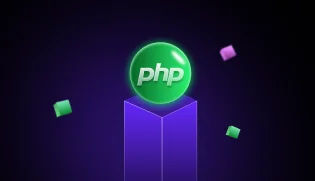

Did you enjoy this article?